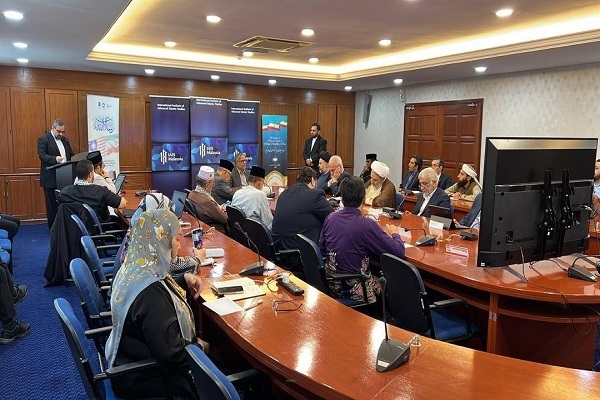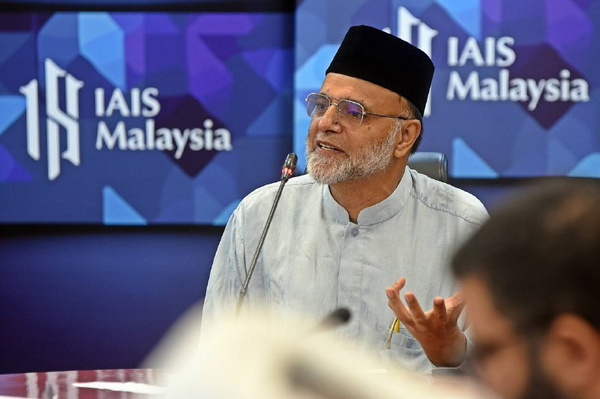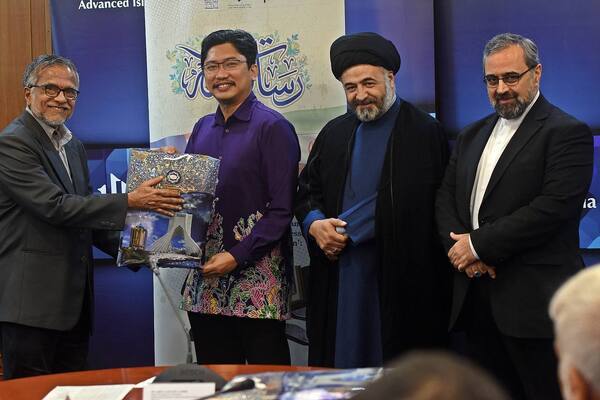Experts Highlight Quranic Studies at ‘Risalat Allah’ Conference in Malaysia

Organized by the the Islamic Culture and Relations Organization (ICRO), along with Iran's cultural office in Malaysia and the Center for Advanced Islamic Studies, the conference focused on contemporary Quranic thought with the theme "Humanity in the Quran."
The conference was held on October 17 and 18 at Universiti Malaya (UM).
Speaking at the event, Hojat-ol-Islam Seyed Mostafa Hosseini Neyshabouri, head of the propagation department of ICRO, emphasized the strategic importance of Quranic studies in both intra-religious and inter-religious contexts. "Interpretative, literary, and philosophical approaches to the Quran have transformed it into one of the most strategic areas of interdisciplinary studies, creating a platform for both intra-religious and cross-cultural scientific dialogue," he said.
The growing body of Quranic thought among scholars in the Islamic world over recent centuries has created a substantial Quranic heritage, he said, adding that the field of Quranic studies encompasses a wide range of disciplines, with shared scientific and research interests in areas like epistemology, textual analysis, interpretive frameworks, and methodology.
Read More:
“This shared foundation has enabled Islamic scholars to present their intellectual heritage in a language that is accessible and comprehensible to researchers and enthusiasts of Western philosophies,” he noted.
The Quran contains numerous teachings that can connect with various aspects of human life and the humanities, Neyshabouri stressed.
“In other words, it can engage in a dialogue with fields such as psychology, philosophy, jurisprudence, and history. It is within these dialogues that new ideas are generated, allowing scholars to reach new horizons in knowledge by drawing upon both divine teachings and human experience,” according to the official.
Read More:
The conference concluded with a six-point declaration that outlined future goals, including drafting a document on the philosophical concept of humanity in the Quran as a framework for development in Muslim countries, proposing the creation of an Islamic human development index, and developing localized models of Quran-based human development in Malaysia and Iran.
4243180





